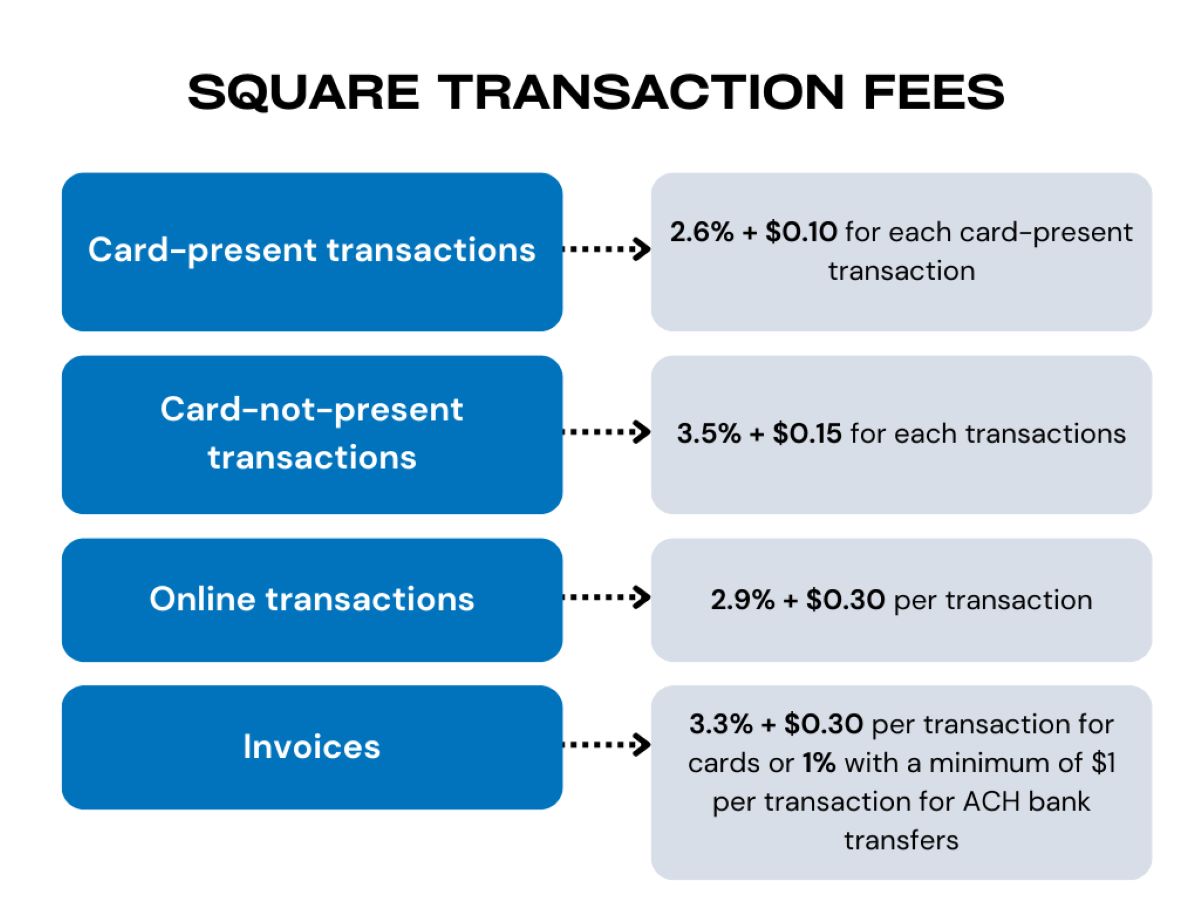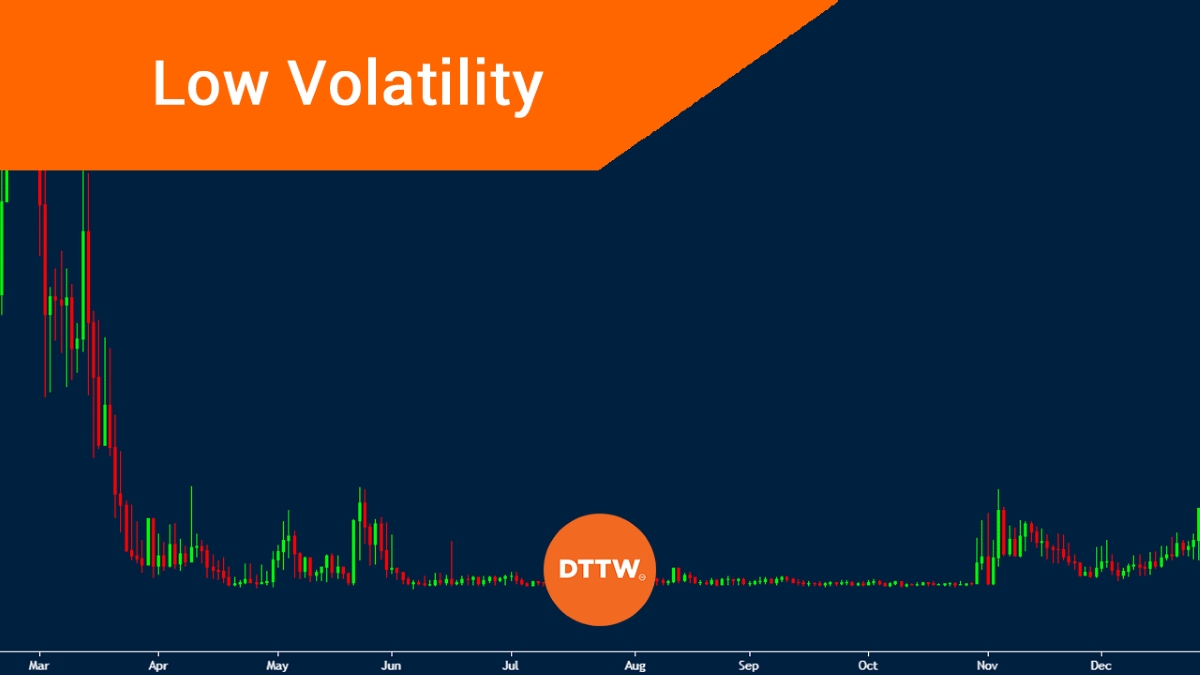Home>Finance>Which Payment Processor Offers The Lowest Merchant Fees?


Finance
Which Payment Processor Offers The Lowest Merchant Fees?
Published: February 24, 2024
Compare and find the best payment processor with the lowest merchant fees for your business in the finance industry. Make informed decisions to save on transaction costs.
(Many of the links in this article redirect to a specific reviewed product. Your purchase of these products through affiliate links helps to generate commission for LiveWell, at no extra cost. Learn more)
Table of Contents
Introduction
Welcome to the world of online transactions, where the choice of payment processor can significantly impact your bottom line. As a business owner, understanding merchant fees and selecting the right payment processor is crucial for optimizing revenue and customer satisfaction.
In today's digital age, consumers expect seamless and secure payment options, making it essential for businesses to offer a variety of payment methods. However, with the multitude of payment processors available, each with its own fee structure and features, it can be challenging to navigate the landscape and identify the most cost-effective solution.
In this article, we'll delve into the realm of merchant fees, exploring the nuances of payment processing and comparing the offerings of leading payment processors. Whether you're a small business owner venturing into e-commerce or an established enterprise seeking to optimize your payment processing strategy, this guide will provide valuable insights to help you make informed decisions.
Join us as we unravel the intricacies of merchant fees and unveil which payment processor offers the lowest fees, empowering you to streamline your payment processes and bolster your financial success.
Understanding Merchant Fees
Merchant fees, also known as credit card processing fees, are the costs incurred by businesses for accepting electronic payments from customers. These fees are typically charged by payment processors or merchant service providers in exchange for facilitating secure and efficient transactions.
Merchant fees can encompass various components, including interchange fees, assessment fees, and payment processor markups. Interchange fees are set by credit card networks such as Visa, Mastercard, and Discover, and are paid to the card-issuing bank. Assessment fees, on the other hand, are collected by the card networks themselves to cover their operational expenses. Payment processor markups represent the additional fees charged by the payment processor for their services.
It’s important to note that merchant fees can vary based on factors such as the type of card used (debit, credit, rewards, etc.), the transaction method (swiped, keyed-in, online), and the overall sales volume. Understanding the intricacies of these fees is essential for businesses to accurately assess their cost of processing payments and optimize their financial strategies.
Moreover, the structure of merchant fees can differ across payment processors, with some employing flat-rate pricing models while others utilize interchange-plus pricing, where the interchange fees are passed through to the merchant at cost, with the processor charging a separate markup.
By comprehending the components and variations of merchant fees, businesses can make informed decisions when selecting a payment processor, ultimately minimizing costs and maximizing profitability. Now that we’ve laid the groundwork for understanding merchant fees, let’s proceed to compare the offerings of different payment processors to identify the most cost-effective solution.
Comparing Payment Processors
When it comes to choosing a payment processor, businesses are presented with a myriad of options, each touting unique features and fee structures. To determine which payment processor offers the lowest merchant fees, it’s essential to conduct a comparative analysis of leading players in the industry.
One prominent payment processor is Square, renowned for its user-friendly interface and transparent pricing. Square charges a flat rate for each transaction, making it a straightforward option for businesses with moderate sales volumes. Additionally, Square offers a range of hardware and software solutions, catering to diverse business needs.
Another notable contender is PayPal, a widely recognized payment platform that provides businesses with the flexibility to accept various payment methods, including credit cards, debit cards, and PayPal payments. PayPal’s transparent pricing and seamless integration with e-commerce platforms make it a popular choice for online businesses seeking a reliable payment processing solution.
Stripe, a robust payment gateway, is favored by businesses for its developer-friendly approach and customizable features. With competitive pricing and a suite of developer tools, Stripe empowers businesses to create tailored payment experiences while effectively managing costs.
Furthermore, traditional merchant service providers such as Chase Paymentech and Fiserv offer comprehensive payment processing solutions, catering to the needs of established businesses with high transaction volumes. While these providers may have more complex fee structures, they often provide personalized support and advanced security features.
As businesses navigate the landscape of payment processors, it’s crucial to evaluate not only the advertised rates but also the additional fees, contract terms, customer support, and integration capabilities. By thoroughly comparing the offerings of different payment processors, businesses can identify the solution that aligns with their operational requirements and financial objectives.
Now that we’ve explored the landscape of payment processors, let’s delve into the essential factors to consider when evaluating merchant fees and selecting the optimal payment processing partner.
Factors to Consider
When assessing merchant fees and evaluating payment processors, several key factors should be taken into account to make an informed decision that aligns with your business needs and financial goals.
- Fee Structure: Understand the fee components of each payment processor, including transaction fees, monthly fees, chargeback fees, and any additional costs. Compare flat-rate pricing with interchange-plus pricing to determine which model best suits your sales volume and transaction patterns.
- Integration and Compatibility: Consider the compatibility of the payment processor with your existing systems, e-commerce platform, or point-of-sale (POS) hardware. Seamless integration can streamline operations and enhance the customer experience.
- Security Measures: Prioritize payment processors that prioritize data security and offer robust fraud prevention tools. Compliance with Payment Card Industry Data Security Standard (PCI DSS) and encryption protocols is essential for safeguarding sensitive customer information.
- Customer Support: Assess the quality of customer support provided by each payment processor. Responsive and knowledgeable support can be invaluable in resolving issues and optimizing payment processes.
- Scalability: Consider the scalability of the payment processor to accommodate your business growth. A flexible solution that can adapt to increasing transaction volumes and expanding operations is crucial for long-term sustainability.
- Additional Services: Evaluate the supplementary services offered by the payment processor, such as analytics, reporting tools, and invoicing capabilities. These features can contribute to operational efficiency and financial insights.
- User Experience: Consider the overall user experience for both businesses and customers. A streamlined checkout process and intuitive payment interface can enhance customer satisfaction and drive repeat business.
By carefully weighing these factors and conducting a thorough analysis of payment processors, businesses can identify the optimal solution that not only offers competitive merchant fees but also aligns with their operational requirements and growth objectives.
With a comprehensive understanding of the essential factors to consider, businesses are empowered to make strategic decisions that optimize their payment processing strategies and contribute to overall financial success.
Conclusion
In the dynamic landscape of payment processing, the quest to find the payment processor offering the lowest merchant fees is a pivotal consideration for businesses across diverse industries. By navigating the intricacies of merchant fees and comparing the offerings of leading payment processors, businesses can make informed decisions that align with their operational needs and financial objectives.
While the quest for the lowest merchant fees is undoubtedly important, it’s essential for businesses to prioritize a holistic assessment of payment processors, taking into account factors such as fee structure, integration capabilities, security measures, customer support, scalability, additional services, and user experience. A comprehensive evaluation that considers these multifaceted aspects will enable businesses to identify a payment processor that not only minimizes costs but also enhances operational efficiency and customer satisfaction.
Moreover, the evolving landscape of payment processing and the emergence of innovative technologies underscore the importance of remaining adaptable and forward-thinking in selecting a payment processing partner. As businesses embrace digital transformation and expand their online presence, the ability of a payment processor to accommodate growth and evolving consumer behaviors becomes increasingly crucial.
Ultimately, the pursuit of the lowest merchant fees should be balanced with the overarching goal of optimizing the entire payment processing ecosystem to drive business success. By leveraging a strategic approach and considering the diverse facets of payment processing, businesses can position themselves for sustained growth, financial resilience, and enhanced customer experiences.
Armed with a comprehensive understanding of merchant fees and the critical factors to consider when evaluating payment processors, businesses are empowered to make informed decisions that resonate with their unique operational dynamics and propel them towards financial prosperity in the digital economy.














